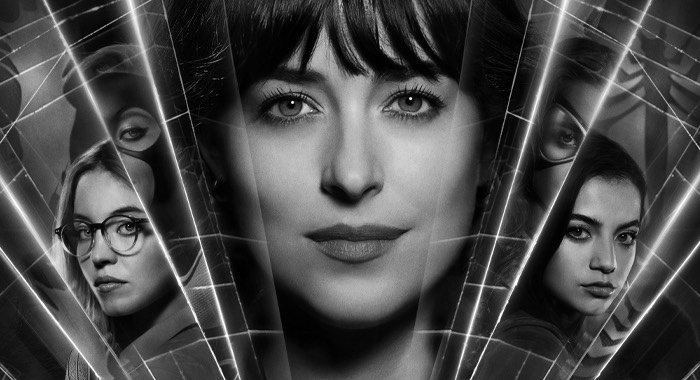
Photo contributed by Creative Commons
If you have been on the internet lately you may have noticed how much criticism the public has for Madame Web, the latest superhero blockbuster to bomb at the box offices. The Sony movie, directed by S.J. Clarkson and starring Dakota Johnson and Sydney Sweeny, currently scores 13% on Rotten Tomatoes. By just scrolling on social media you will hear viewers say, “This movie is so terrible in a way that makes you angry” or “It’s so bad it’s worth watching” or maybe even “It’s like everyone working on the movie just showed up to get paid.” These reviews summarize the general perception of Madame Web as it continues to gather infamy as “the worst superhero movie of all time.”
The inevitable result of a highly anticipated movie failing is that people will start pointing fingers. Despite having roots in the famous Marvel Comics, Madame Web’s failure can be traced to several causes. The combined perspective from viewers and critics is that the CGI is noticeably bad, the dialogue is unintentionally funny, and the acting is shallow and boring. In the words of The New York Times, “The story is absurd, the dialogue snort-out-loud risible, the fights uninspired.” The actors seem like they just met each other and are having zero fun. Almost every character is one-dimensional, underdeveloped, and stereotypical. The four superpowered spider-women of Madame Web, Cassie, Julia, Anya, and Mattie have no background or development of their abilities and storylines. The biggest problem with Madame Web is the audience has to scramble to follow along with a movie that has low quality acting, writing, and production.
What’s a superhero movie without exciting action? Madame Web answers that with possibly the least amount of action in the history of the genre. The two “fights” against the underwhelming villain Ezekiel are just the main character Cassie hitting him first with a taxi, then a few hours later, hitting him with an ambulance. Even Cassie’s and Ezekiel’s final showdown possesses no action and almost zero suspense.
In recent years Hollywood seems to have fallen into a trap of “woke culture.” Political agendas have become more of a priority amongst filmmakers who are trying to gain easy success because a movie is “politically correct.” Madame Web seems to fall into this category. The superhero genre has been portraying strong women for decades. There have been many movies starring strong female characters, like 2005’s Elektra, 1984’s Supergirl, and many more. While many of these movies have been hits, the ones filmed in recent years can’t seem to impress the public. The problem is not female superheroes but how they are written. Audiences can easily see when directors such as Madame Web’s S.J. Clarkson are trying to paint female characters as unconventional and independent to grab at popularity and inclusiveness. The root of this issue is that superhero studios struggle to draw the line between a female superhero, and a superhero who is female. While female characters in film must continue evolving, good writing can not be compromised. Audiences don’t dislike powerful women superheroes, they dislike poorly written characters whose only selling point is their gender.Madame Web’s defeat spotlights the more extensive issue within the film industry’s tendency to prioritize political agendas over the art of storytelling. In the future, it would be wise for studios to recognize that the key isn’t gestures of progressivism, but in the creation of characters and plot lines with originality and depth. Female superheroes deserve more than just superficial empowerment. They deserve to be written with high quality and standards so their stories last through time.
